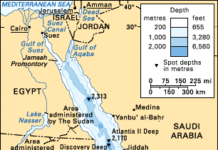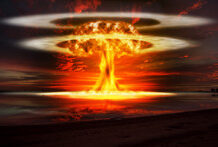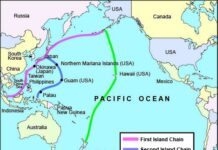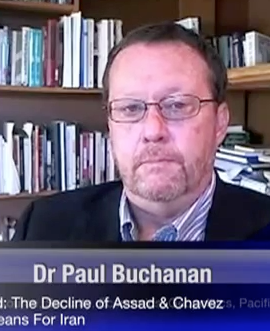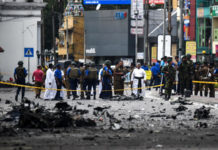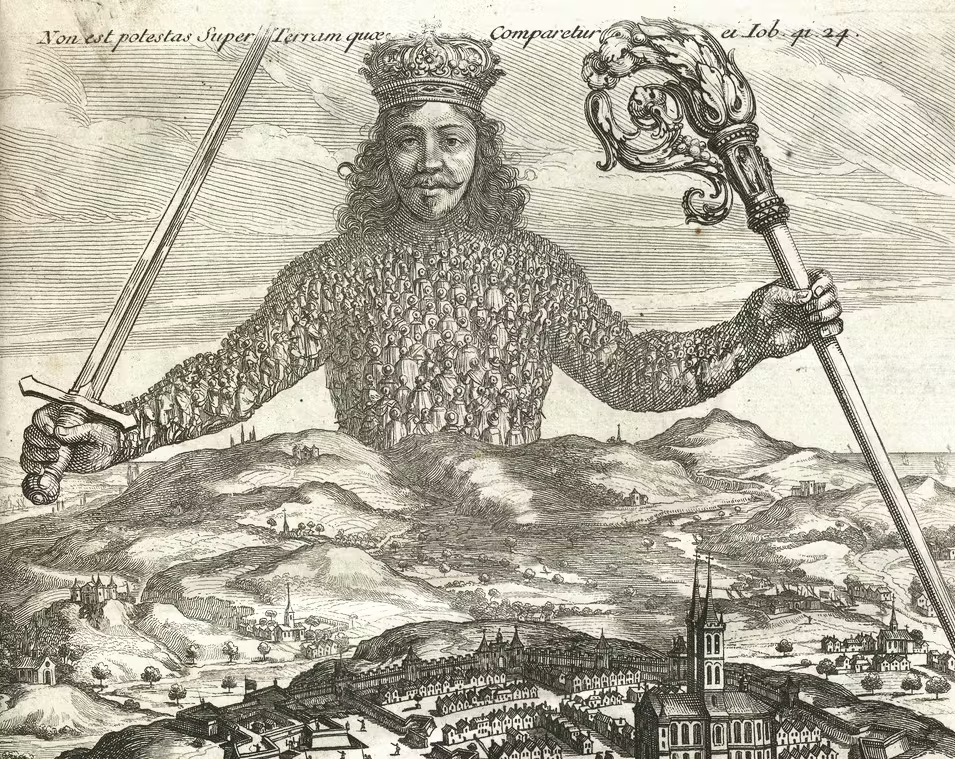International relations is about exercising power to achieve objectives on the global stage. The actors that do so are states, companies, non-governmental organizations or criminal and non-state political actors acting directly or as proxies. The tools they employ have traditionally included hard power, which is the threat and use of diplomatic, economic and military coercion; soft power, which involves the persuasive appeal of diplomatic, cultural and economic engagement; and smart power, which is a hybrid, carrot and stick approach where hard and soft power is combined into a package of positive and negative incentives for cooperation and dissuasion. International norms are designed to encourage soft and smart power solutions to contentious issues, with hard power used as the weapon of last resort.
Recently a new form of approach has emerged on the world scene, one that is wielded by authoritarian regimes that seek to alter or undermine the ideological consensus and institutional stability of liberal democracies. It is called sharp power.
Sharp Power.
Sharp power is an extension of smart power but with a subversive, norm-violating twist. Its purpose is to condition the internal narrative of democratic states in ways that are favorable to the authoritarian state employing it. This includes influence operations like those used by the People’s Republic of China in New Zealand, where so-called United Front organizations (such as community organizations and business associations) are employed as “magical weapons” designed to influence the way in which New Zealand political and economic elites view the world system and more specifically, to align these elites with Chinese positions on international affairs. Taking advantage of opaque campaign finance laws, financial donations have been used by Chinese front organizations as a means of currying favor in the New Zealand political system, much in the way the PRC’s so-called cheque book diplomacy has shifted foreign policy perspectives throughout the community of Pacific island states.
Sharp power also includes undertaking disruption operations where, via cyber-hacking and disinformation campaigns on social media, popular faith in the institutions governing everyday life are undermined. These include the placement of so-called fake news stories in major social media outlets, malicious hacking of banking systems and government bureaucracies responsible for basic public good provision, automated supply chain disruptions and hidden control of targeted media outlets. Employment of sharp power methods such as these has the advantage of offering deniability to the perpetrators, especially when they are routed through third party systems or placed on open party platforms that disguise their point of origin. These malicious activities run in concert with traditional espionage and influence operations in a multi-faceted strategy aimed at subverting the ideological and institutional foundations of democratic societies. A loss of faith and trust in liberal democracy is seen as a win by the sharp power-wielders.
Although the New Zealand government has soft-peddled the issue, the GCSB has given three warnings this year about disruption activities undertaken by foreign states that have an impact on New Zealand. This demonstrates what the authoritarians already know: there is often a disjuncture between what elected officials say and what security professionals consider to be of priority concern.
More darkly, sharp power has been deployed with murderous or criminal intent. Be it recent Russian poisoning campaigns against dissidents and renegade intelligence agents in the UK, the murder of a Saudi journalist by state agents in the Saudi consulate in Istanbul, the killing of Kim Jung-un’s half brother in the Kuala Lumpur airport or the physical intimidation of expat Chinese communities in Australia, authoritarians have grown bolder in flouting international norms on sovereignty and non-intervention. Even New Zealand may have been touched by such authoritarian interference: the burglaries of the home and office of an academic critic of the PRC’s foreign influence operations are believed to have likely been carried out at the behest or on behalf of the Chinese state since no valuables were taken while research tools and materials were. New Zealand security authorities have stated that the investigation has moved overseas and been transferred to INTERPOL, the international police agency. That means that the perpetrators are believed to have left New Zealand, something that would be unusual for local common criminals given the low level of the crime and the nature of what was taken.
Let there be no mistake: if they involve a foreign power, the burglaries of Ann Marie Brady’s home and office are crimes committed on sovereign New Zeaaland soil and therefore a step up from influence operations and into direct intimidation of a New Zealand citizen and her family.
The authoritarian moment.
The emergence of authoritarian sharp power as a tool of trade occurs against a backdrop where democracies are in crisis and authoritarianism is on the rise. The crisis of the democratic world, from the US to the UK, Italy, Eastern Europe and beyond, has seen the emergence of rightwing populism as a political alternative based on xenophobia and ethno-centrism. It eschews the values of equality and inclusiveness that are hallmarks of liberal democratic systems. In parallel, be it in Brazil with the rise of Jair Bolsonaro, or the Philippines with Rodrigo Dutarte, or the left populist regimes of Nicolas Maduro and Daniel Ortega in Venezuela and Nicaragua, respectively, to the dozens of autocrats running countries in Africa and Asia, the current global political moment is one where authoritarians are on the rise. This has emboldened despots of all stripes in their approaches to foreign policy and the use of sharp power. Strong authoritarian states like the PRC and Russia have brazenly violated international norms by laying claim to, built islands on and militarily fortified reefs in international waters while ignoring international arbitration decisions against it (China in the South China Sea) or seized and annexed large swathes of a neighbors territory in the face of international condemnation (Russia is Georgia and the Ukraine). The Saudis are leading a vicious war in Yemen against Iranian-backed rebels in which war crimes are committed on industrial scale. Myanmar’s military is engaged in the ethnic cleansing of its Rohinga community, causing a multi-national humanitarian crisis.
These and scores of authoritarian atrocities go unpunished because the liberal democratic world has neither the will or the capabilities to stop them. That is a weakness that authoritarians seek to exploit with their sharp power projection, and in this they may have been encouraged by the US abandonment of its support for the liberal institutional world order under the Trump administration.
The question of response.
The question is how to respond to the use of sharp power against New Zealand? As a small, economically vulnerable state that is dependent on trade in agricultural commodity exports, tourism and foreign student education from a number of authoritarian states, particularly the PRC, New Zealand has to tread delicately when confronting violations of its sovereignty and/or overt or covert meddling in its internal affairs. On the other hand, as a staunch supporter of the rule of law and norm adherence in international affairs as well as a long-term member of the community of mature liberal democracies, New Zealand cannot afford to cast a blind on on such offenses less it encourage more and from other actors as well. In fact, its response has to be both broad and specific, with it coupling repudiation for international norm violations and support for democracy as a matter of principle with specific targeted remedies taken against those who employ sharp power on New Zealand soil or against its interests.
It is a conundrum that will not be resolved easily.
The type of response to sharp power aggression is determined by the nature of the offense committed and the amount of leverage the targeted entity has vis a vis the perpetrators set against the geopolitical context of the moment (for example, retaliating against a relatively weak actor that has the protection of a stronger actor is harder than if the former acted alone and without the cover provided by the latter). Private actors such as firms and NGOs have less resources and range of options when confronting sharp power intrusions (say, via cyber-hacking or reputation-destroying campaigns). Public actors have a wider range of resources and options and depending on circumstance can assist private actors in their responses.
When it comes to inter-state conflicts that do not rise to the level of war, the responses are mostly diplomatic or economic. Sanctions, withdrawal or expulsion of diplomats, curtailment of visa privileges, travel bans, asset seizures–these are just some of the options available to policy makers when responding to hostile employment of sharp power against their state interests. The general rule of specific reply is that it be proportionate, nuanced, focused and effective at deterring future such intrusions.
What remains clear is that the rise of authoritarianism as the dominant political form world-wide has brought with it a concomitant rise on the use of sharp power as a foreign policy tool and strategic weapon. Augmented by the technological breakthroughs in telecommunications over the last decades, the deployment of sharp power is a symptom of the crisis of global democracy as well as a challenge to it. This should be a matter of priority concern to those who believe in transparency and honesty in the conduct of public and corporate affairs, both domestic and international.



